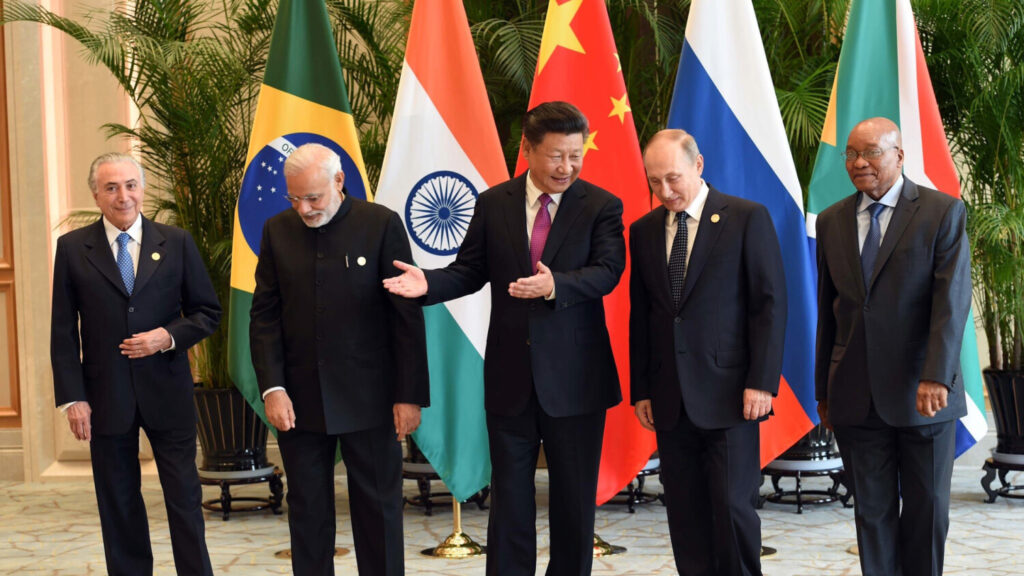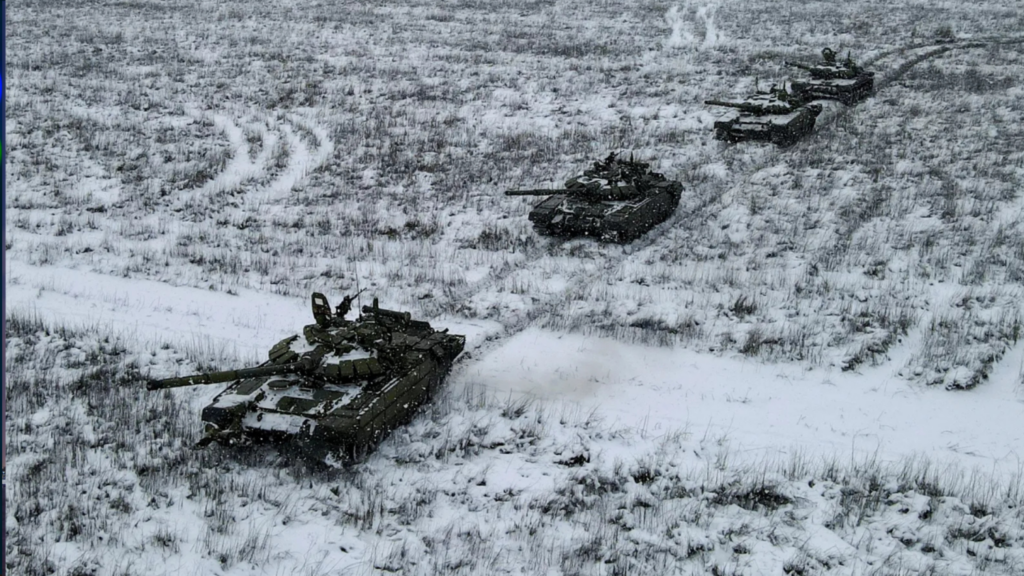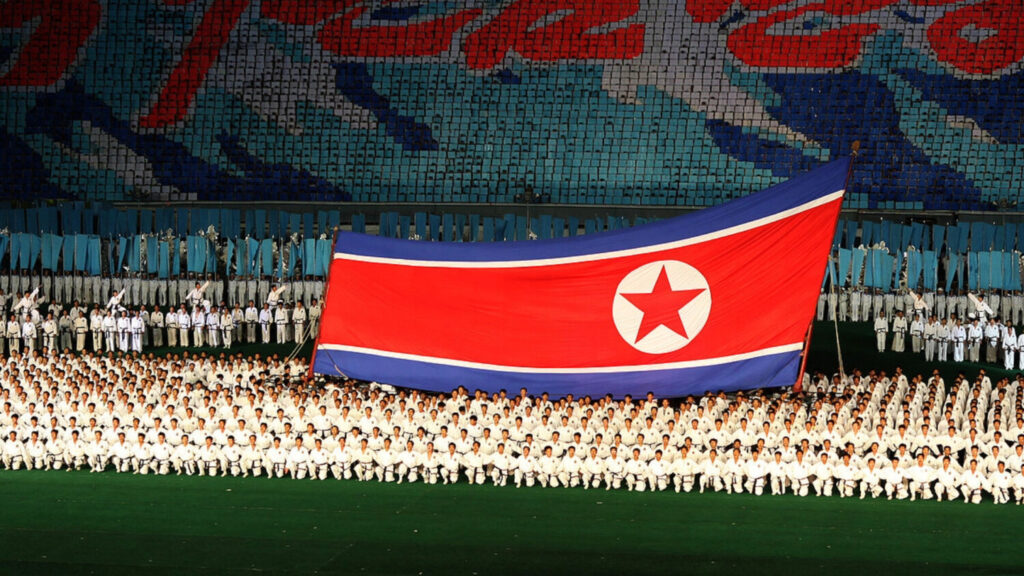Do Democracies Really Have More Peaceful Foreign Policies?
As George Bush began his second term in office, he declared, “The best hope for peace in our world is the expansion of freedom in all the world.” Bush’s words were a continuation of American political thought which, particularly since the end of the Cold War, had been arguing that the spread of liberal democracy is the precursor to world peace (Fukuyama, 1989). Ironically, however, as Bush championed ideals of world peace, at the same moment, the US was waging military campaigns in both Iraq and Afghanistan. Hence, this essay aims to dismiss the notion that democracies have inherently peaceful foreign policies. It first discusses the literature that connects regime type with foreign policy. It then highlights the fundamental tenets and claims of the Democratic Peace Theory (DPT) before going into detail about its shortcomings.
The realist school of International Relations tends to be dismissive of the role played by domestic factors in shaping a state’s foreign policy (Mearsheimer, 2014, 11). However, foreign policy scholars, especially those who follow the domestic structures approach, place a lot of emphasis on the role played by a state’s constitutional structures and regime type in determining the foreign policy. These scholars argue that a society’s constitutional structure enumerates the “points-of-access” between the general public and foreign policy decision-makers (Risse-Kappen, 1991). Using these points of access, other scholars then concluded that the absence of public accountability in authoritarian regimes, on account of little to no points-of-access, leads to the pursuit of aggressive foreign policies (Haliday, 1994, 84). They also point to the securitization of external factors as the basis of aggressive policy stances (Buzan, 1997). It is pertinent to add that not all scholars agree with the lack of accountability in authoritarian regimes. They argue that in such regimes, it is not the electorate, rather the electorate that is the source of accountability and subsequently, the legitimacy needed to hold on to power (Mesquita, 2003, 55). To hold on to power, the leadership needs to meet the privacy needs of the selectorate.
As highlighted earlier, some scholars of the foreign policy see a correlation between greater points-of-access and peaceful foreign policy. This is often referred to as the Democratic Peace Theory. This theory finds its roots in the Kantian idea that to achieve world peace, states must first become republics (democracies), and then they should join hands with other republics to work towards peace. Kant’s emphasis on becoming republics has found the support of modern scholars who argue that democracies are more peaceful because their public can hold them accountable for policy decisions. This accountability prevents rapid decision making which is the hallmark of aggressive stances that are often against the interests of the public (Rummel, 1995, 649). Kant’s ideas have also been corroborated by empirical analyses of modern scholars who point to the presence of tools like negotiation and bargaining as to the reason why liberal democracies have peaceful policy overtures towards one another (Doyle, 1986, 1151).
Having established the theoretical underpinnings of the democratic peace theory, the final part of this essay uses the shortcomings of DPT and examples of recent political events to demonstrate that foreign policies of democratic states are not necessarily peaceful. The primary criticism against DPT is that it can seem to be a game of semantics and labels. Its emphasis on ‘liberal’ democracy as the harbinger of peace raises the questions as to what constitutes liberal, and more importantly, who decides whether democracy is liberal or not. Proponents of DPT routinely point to peaceful relations between liberal democracies (Doyle), yet it seems that they conveniently ignore how the fall of democracies in countries like Iran (1953) and Chile (1973) was orchestrated by the very champions of liberal democracies like the US and UK. One must also look at the “outsourcing of violence” by liberal democracies evidenced by the rising number of arms sales to highly authoritarian regimes like Saudi Arabia.
Another shortcoming of the DPT lies in its notion that public accountability makes democracies more peaceful (Rummel). History shows this to be untrue, and the most significant example of this is the Vietnam War where, despite public opposition and outcry, the US government continued to engage in a long and drawn-out war. Indeed, the United States’ claim to be a peaceful liberal democracy raises a lot of eyebrows. Driven by their desire to help others “attain their own freedom”, the United States has been involved in the conflict for two out of every three years since the end of the Cold War (Mearsheimer). Such a track record doesn’t do much for the advocacy of DPT.
One can also argue that DPT relies more on the broader public perception, due in no small part to the role of media, that democracies have peaceful foreign policy overtures. This because once one looks past the United States, there seems to be a long list of seemingly pacifist liberal democracies. However, it can be argued that this illusion stems from the fact that the media usually covers the actions of the United States as the leader of campaigns in places like Iraq, Syria, Afghanistan, etc. What is often obscured from the public’s eye, intentionally or unintentionally, is the fact that countries like Canada, Australia, and New Zealand who have a reputation for being peaceful, have also been part of these campaigns.
Lastly, the final criticism of DPT is that it fails to account for emerging and transitional democracies. Empirical analysis shows that democratic transitions in places like the Indian subcontinent, Egypt, and Yugoslavia have been marked by aggression and conflict (Mansfield, 2005). It can be argued, however, that this oversight by DPT advocates could be due to the West-centric lens used by these scholars, which prevents them from looking beyond occidental democracies (Russet, 1993).
In his second inaugural address, President Bush used the word freedom twenty-seven times. Unfortunately, by following the slogan “make democracy, not war”, democratic states often end up following highly unpeaceful foreign policies. Hence, one can conclude that contrary to claims of DPT scholars, the foreign policies of democratic countries are only as peaceful as their national interest allows them to be.



